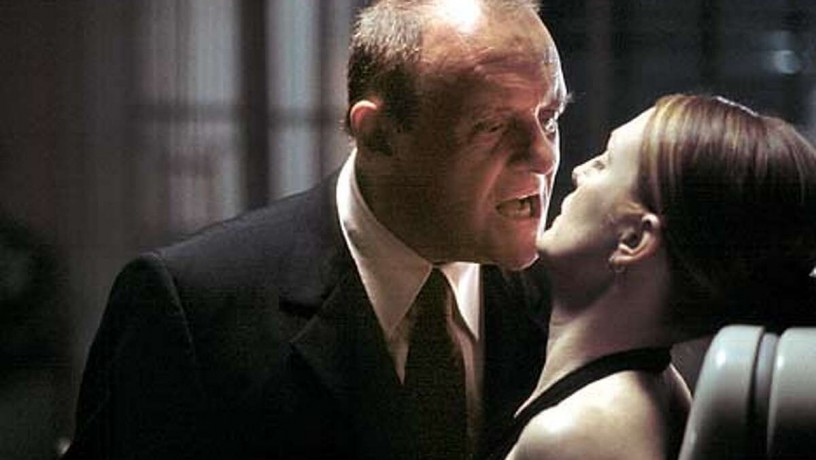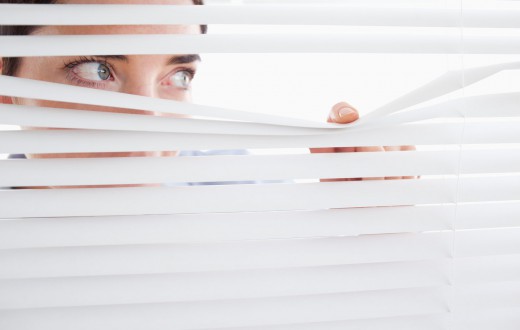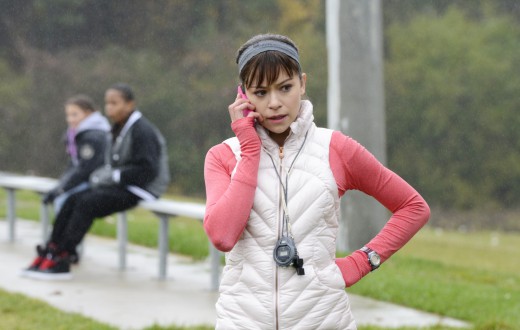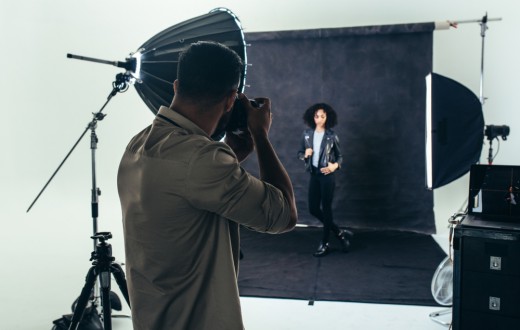If you’ve been cast in a film, you may find the shooting schedule to be a bit confusing when you first receive it. Maybe you’re filming your death scene first, or doing a grand emotional scene before the scenes building up to it. When we watch a movie, we have a chance to get to know the characters in the beginning; the larger moments at the end feel “earned” and carry an emotional weight. As an actor, when shooting scenes in order, we can feel that same thing; feeling out the character in the beginning and reaching emotional highs once we’ve lived with them for a while. However, with the complicated nature of shooting locations, personnel availability, and many more things being thrown at the filmmakers, the schedule often needs to get jumbled around. So how can you, as the actor, adjust to that?
The simplest answer to this question is to study the screenplay thoroughly and in full. Veteran actor Anthony Hopkins once said when speaking about preparing for roles, “I learn the text cold, [and] read it maybe 100 or 200 times.” Over 100 read throughs of a script before production may seem like overkill, but a deep understanding of the story will prepare an actor better than anything else. If you understand the story inside and out, then jumping into it at any point will be easy. You’ll have a vivid image of what’s happening in the world of the characters leading up to the scene.
Spending extensive time with a script before production may also initiate important discussions between the actor and creative team, leading to better preparation coming in. When shooting in sequence, it may be possible for actors to make discoveries in early scenes that carry throughout the film. The director may like a subtle mannerism or choice and ask for it to repeat, for example. When shooting out of sequence, this may become difficult. You may not be able to apply choices to future scenes when the future was already shot in the past. However, if the director and actors have already built a deep rapport about the characters, and the actors are very prepared with the script, it may be easier for the director and actors to jump around in the sequence of events while collaborating on interesting and fresh acting choices!
Thinking about the “prior action” of a scene is also an important habit for any actor, whether shooting in or out of sequence. We may think a scene starts when the director calls ‘action;’ but, for the characters, it started when they woke up that morning. So, never stop asking yourself questions to understand the character’s headspace. Why are they running into the room? What were they doing before that? You can always go a bit farther back and understand a bit deeper. They just woke up? How did they sleep? Why? Getting into this habit will help with your acting in every setting, but it will also help while shooting out of sequence.
How does all of this affect memorization? Well, for a longer project, it may be daunting to memorize the entire script before you’ve even begun production. Working to memorize scenes one at a time, as you’re about to film them, could be more manageable. This could seem a bit confusing if you’re working out of sequence. However, it may not be as daunting as it seems. I believe that memorization comes from a strong understanding of the causality of a scene. When every action is a reaction, then you hardly need to memorize at all – you just react accordingly when things happen around you. So, this memorization tactic also helps with shooting out of sequence; you allow yourself to live at the whims of the character’s world and seek to identify what they are directly reacting to.
Overall, the answer to staying in the proper headspace when shooting out of order isn’t too different from how to act naturally in the first place. Understand the “why” of the characters, visualize the prior action, and identify what triggers each action you take. And, of course, understand the script on a deep level. If you keep these things in mind, it won’t matter what order you film in!







